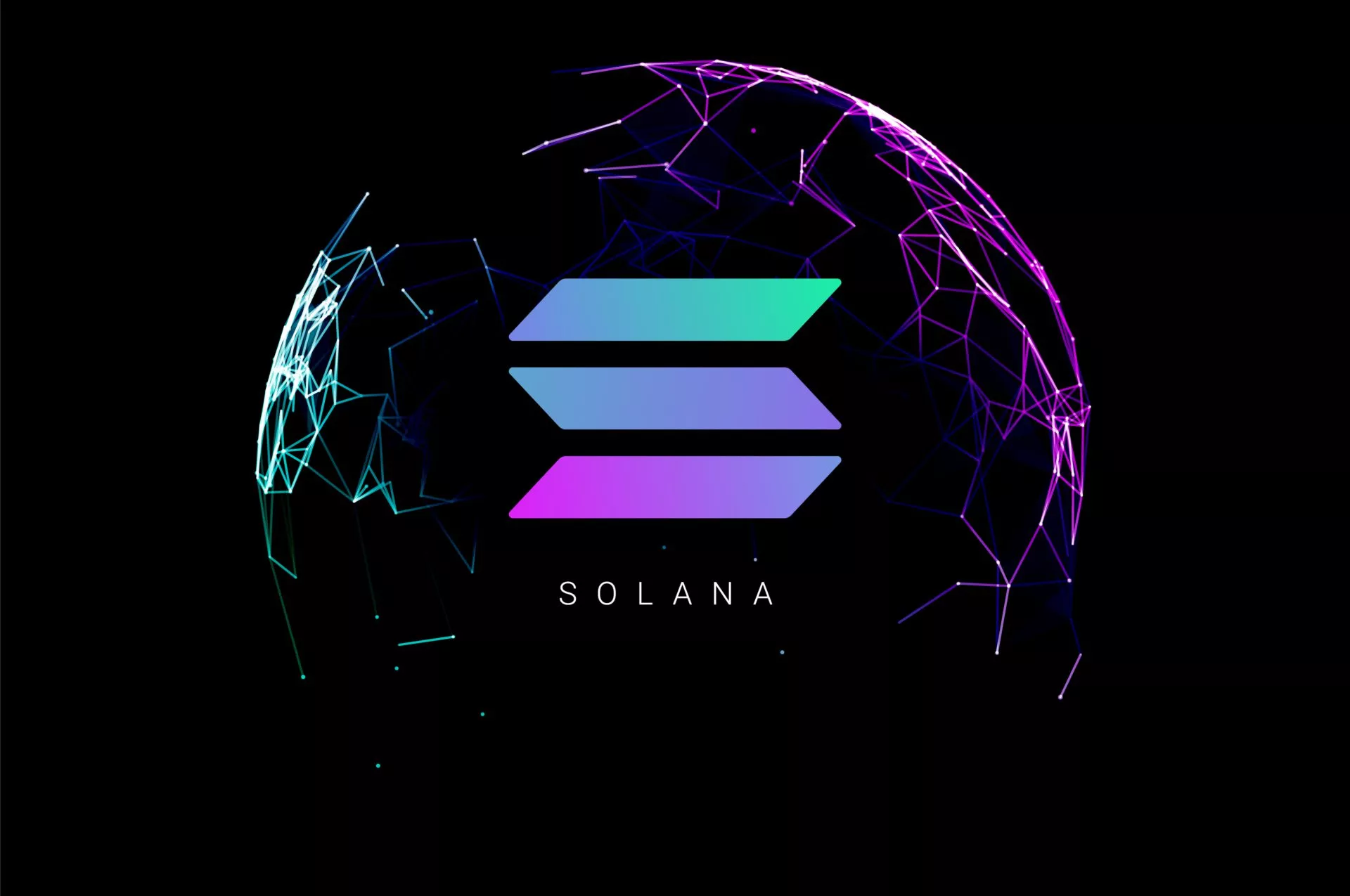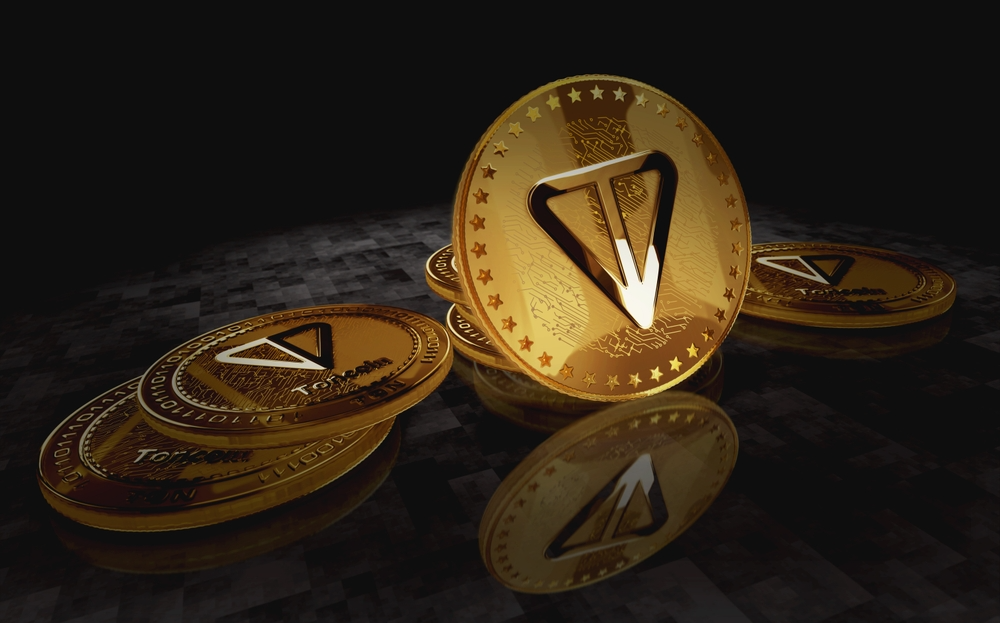|
Getting your Trinity Audio player ready...
|
2024 has proven to be a landmark year for cryptocurrency exchange-traded funds (ETFs), with the U.S. Securities and Exchange Commission (SEC) giving the green light to spot ETFs for both Bitcoin and Ethereum. This groundbreaking approval set off a wave of enthusiasm and investment, radically reshaping the landscape of digital assets. As the dust settles, the crypto community is abuzz with speculation: Could Solana be next in line?
The ETF Revolution Of 2024
The SEC’s historic nod to Bitcoin’s spot ETF in January was a game-changer, sparking a massive rally in Bitcoin’s price and igniting a multibillion-dollar trading frenzy. Ethereum followed suit a few months later, marking the second major spot ETF approval. While these approvals were met with global applause, they also raised a crucial question: Which cryptocurrency will be the next to join this exclusive club?
Solana, a blockchain platform launched in 2020, has emerged as a leading contender. With its innovative proof-of-stake model and smart contract capabilities, Solana has quickly climbed the ranks to become the fifth-largest cryptocurrency by market cap. Compared to other top contenders like Tether and Binance Coin, Solana’s appeal is straightforward. Both Tether (a stablecoin) and Binance Coin (controlled by Binance) face regulatory hurdles due to their inherent vulnerabilities to issuer manipulation, which makes them less viable for a spot ETF.
In a promising development, Brazil has recently approved its first Solana Spot ETF. This decision, coupled with a second approval shortly thereafter, signals a positive start. However, the Brazilian market’s success does not automatically translate to U.S. regulatory approval. The Brazilian ETFs provide a useful case study but face skepticism from U.S. regulators.
Challenges and Skepticism
The U.S. SEC’s stance on Solana has been notably cautious. Earlier attempts by CBOE to secure approval for a Solana ETF were met with rejection, with Bloomberg analyst Eric Balchunas commenting that the chances of approval are slim unless there’s a significant change in leadership at the SEC. This skepticism is further fueled by Ethereum’s underwhelming performance in the ETF market, where recent products saw outflows totaling $458 million. If Ethereum ETFs struggle, it raises concerns about Solana’s potential success in a similar arena.
The Path Forward
Despite the hurdles, optimism persists. VanEck and 21Shares, the firms behind the recent Solana ETF filings, remain hopeful. VanEck’s Matthew Sigel points to a 2018 court case involving the CFTC and My Big Coin, arguing that Solana’s structure qualifies it as a commodity, thus making it eligible for a spot ETF. While this precedent is narrow, it provides a glimmer of hope for Solana’s ETF prospects.
Two possible paths could reshape the ETF landscape: regulatory approval for a Solana futures ETF or a comprehensive overhaul of cryptocurrency regulations by Congress. A futures ETF, which has looser restrictions compared to spot ETFs, could be a stepping stone. Additionally, evolving regulatory frameworks might offer a more favorable environment for Solana’s spot ETF aspirations.
Also Read: Solana’s Pump.fun Leads Meme Coin Wars – $278K In Daily Revenue vs. Tron’s SunPump At $36K
As we move toward the end of 2024, the road for Solana’s spot ETF remains uncertain but promising. The upcoming election year could influence regulatory attitudes, and while the SEC’s approval timeline seems unlikely within the year, Solana’s prospects are not entirely bleak. The success of Brazil’s ETFs could provide valuable insights and momentum for future U.S. attempts.
For now, Solana enthusiasts should focus on the promising futures ETF route and monitor Brazil’s progress closely. While the journey to a U.S. spot ETF is fraught with challenges, Solana’s resilience and innovative spirit could pave the way for future victories. The path to a Solana ETF may be long and bumpy, but with persistent efforts and strategic maneuvers, it remains a fight worth fighting.
Disclaimer: The information in this article is for general purposes only and does not constitute financial advice. The author’s views are personal and may not reflect the views of Chain Affairs. Before making any investment decisions, you should always conduct your own research. Chain Affairs is not responsible for any financial losses.




